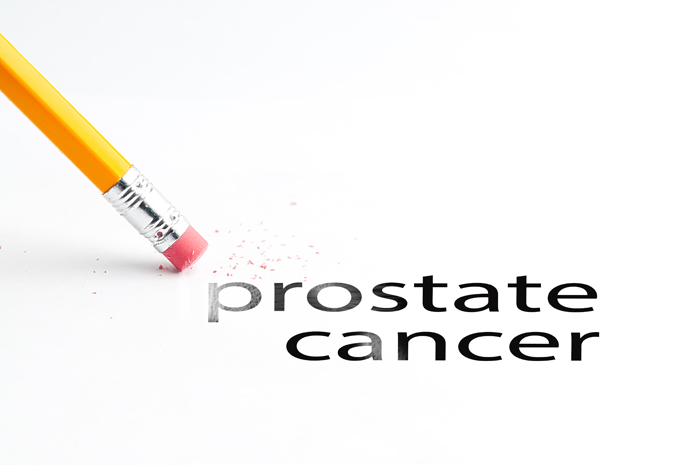Prostate Cancer Treatment in MRC Nagar, Chennai
Prostate cancer refers to the presence of a tumor in the prostate gland. The prostate gland is a part of the male reproductive system and is responsible for the transmission of sperm. The risk of prostate cancer increases with age. Furthermore, some types of prostate cancer are slow-developing and do not require treatment. But some types are aggressive and require immediate medical attention.
You can search for prostate cancer treatment in Chennai or get in touch with a prostate cancer specialist in Chennai.

What are the types of prostate cancer?
The most common of them is acinar adenocarcinoma. It is also known as conventional adenocarcinoma. Almost 99% per cent of people diagnosed with prostate cancer have acinar adenocarcinoma. Other types of prostate cancer include:
- Ductal adenocarcinoma
- Urothelial cancer (also known as transitional cell cancer)
- Squamous cell cancer
- Small cell prostate cancer
- Prostate sarcoma
- Neuroendocrine tumors
What are the symptoms of prostate cancer?
- Difficulty in starting urination
- Intermittency during urination
- Frequent urge to urinate
- Burning sensation or pain during urination
- Erectile dysfunction
- Pain during ejaculation
- Pain in bones
- Decrease in pressure during urination
- Presence of blood in semen
What are the causes of prostate cancer?
Similar to other cancers, doctors are still unclear about what causes prostate cancer. However, as all types of cancer result from genetic mutations, prostate cancer is also a result of genetic mutations or DNA changes. The change in DNA alters the instructions given by the DNA to a cell. Hence, a mutation in DNA results in rapid growth and division of cells. The abnormal cell growth leads to a tumor.
When do you need to see a doctor?
If you notice any signs or symptoms of prostate cancer, seek medical assistance. You can search for prostate cancer doctors near me or prostate cancer specialists near me.
Request an appointment at Apollo Spectra Hospitals, MRC Nagar, Chennai.
Call 1860 500 2244 to book an appointment.
What are the treatments available?
- Surgery (such as radical prostatectomy)
- Radiation Therapy
- Chemotherapy
- Hormonal Therapy
- Observation
- Surveillance
- Immunotherapy
- Prostate Biopsy
- CT Scan
Depending upon the severity, prostate cancer may or may not require treatment and surgery. However, it is best to seek medical advice if you notice any signs.
Conclusion
Prostate cancer is common. It begins in the prostate gland due to genetic mutations. When it reaches an advanced stage, it can spread to nearby tissues such as the bladder. Hence, consult a doctor at the earliest.
You can lower your risk by following these steps:
- Follow a healthy and balanced diet. You should include fruits, vegetables, fluids, etc. in your diet.
- Do not eat food supplements, instead replace them with foods rich in vitamins and minerals.
- It will be good for your overall health if you exercise daily. A good workout routine will help you maintain a healthy weight too.
The following complications are associated with prostate cancer:
- Spreading of cancer to nearby organs
- Urinary incontinence
- Erectile dysfunction
Factors such as obesity and family history can raise your chances.
Symptoms
Our Top Specialities
NOTICE BOARD
CONTACT US
CONTACT US
 Book Appointment
Book Appointment


.svg)
.svg)
.svg)
.svg)








